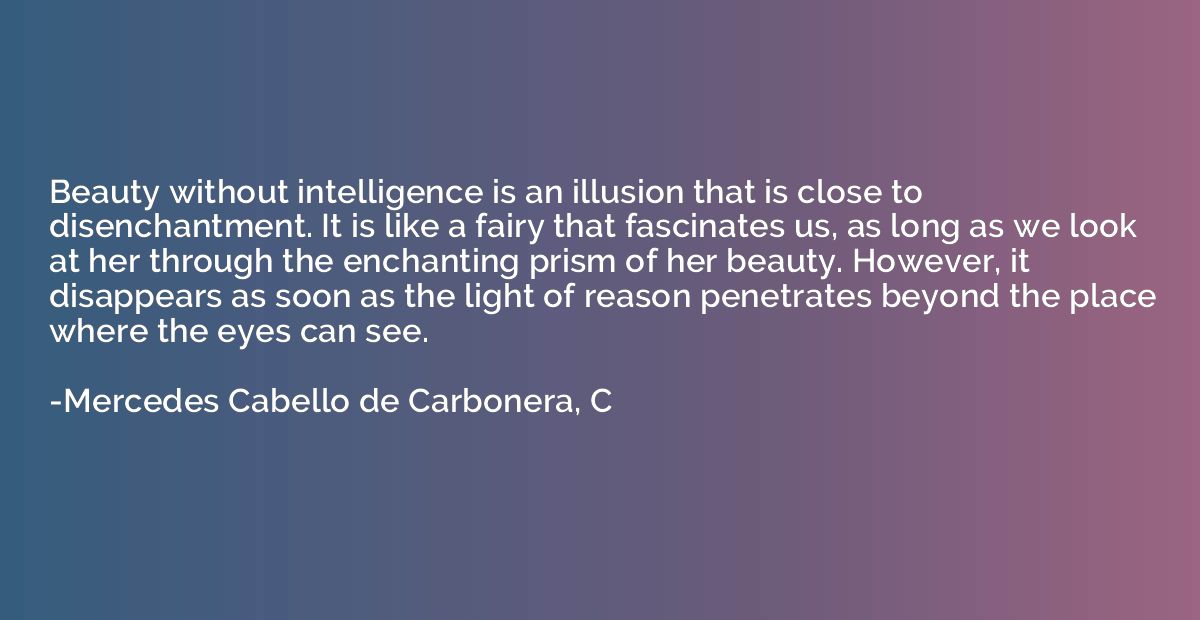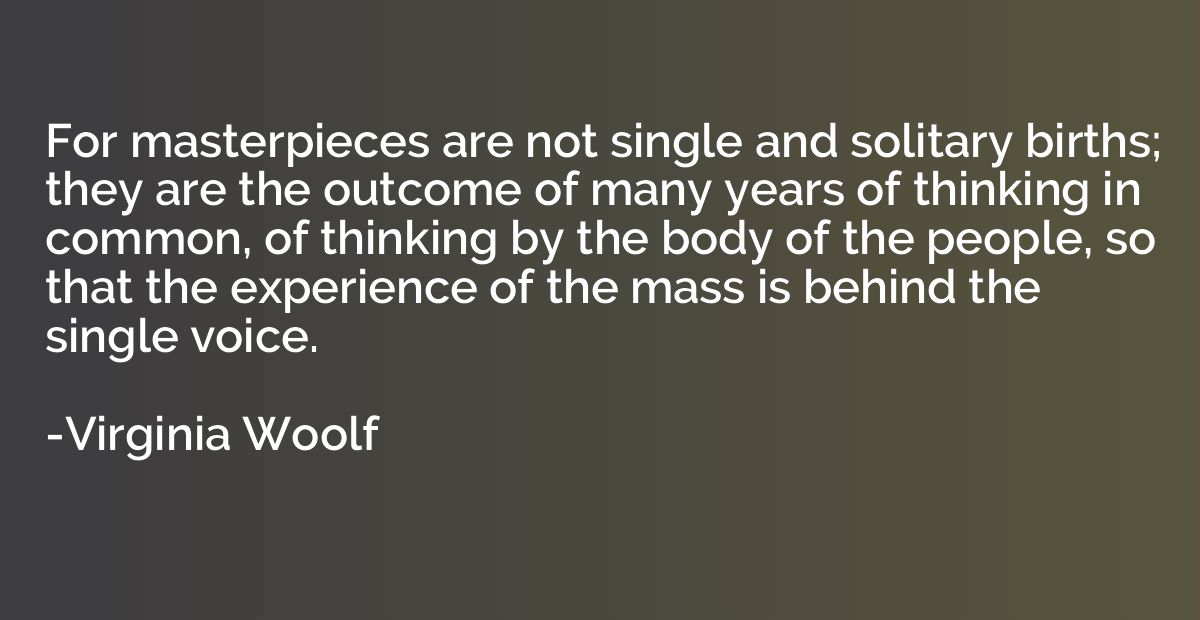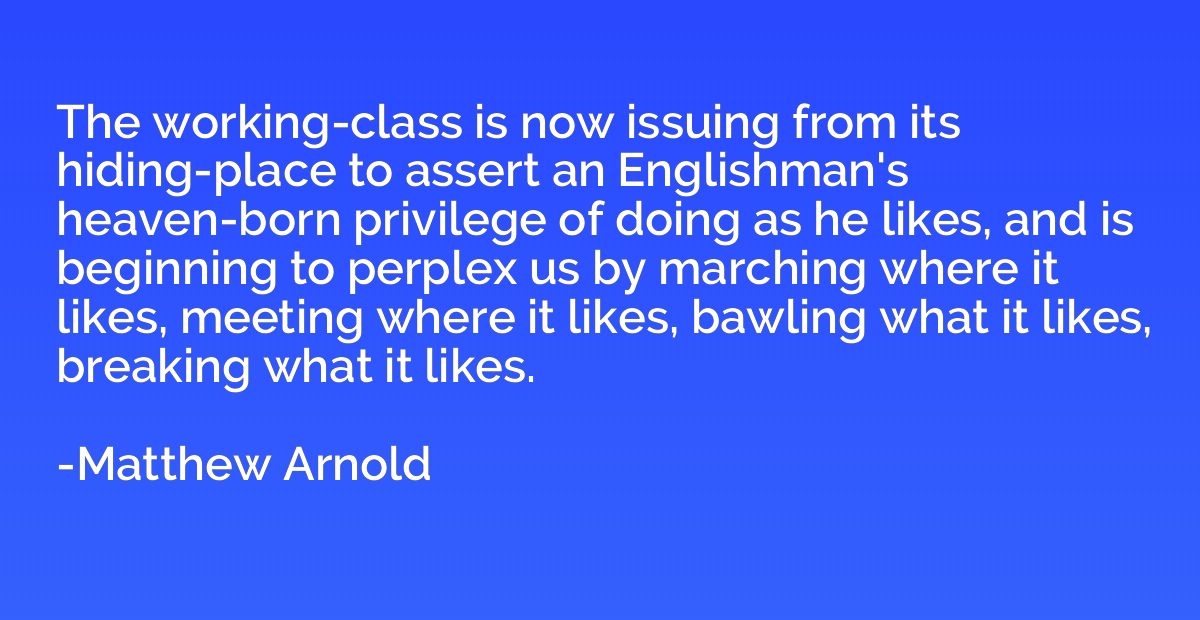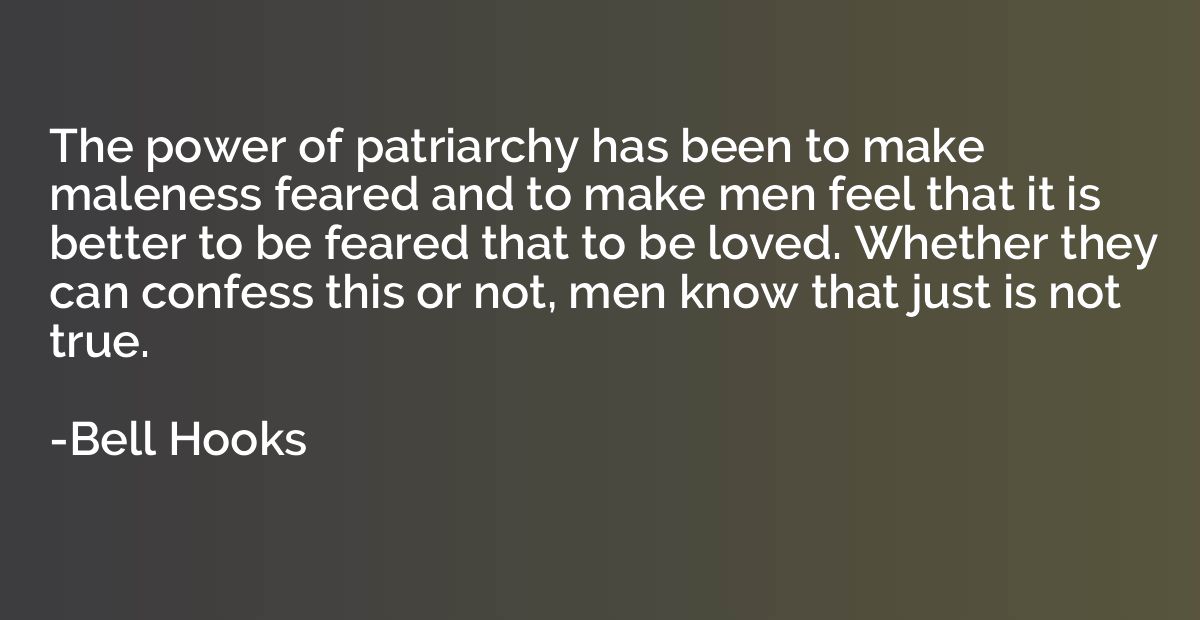Quote by Victor Hugo
The guillotine is the ultimate expression of Law, and its name is vengeance; it is not neutral, nor does it allow us to remain neutral. All social questions achieve their finality around that blade. The scaffold is an image. It is not merely a framework, a machine, a lifeless mechanism of wood, iron, and rope. It is as though it were a being having its own dark purpose, as though the framework saw, the machine listened, and the mechanism understood; as though that arrangement of wood and iron and rope expressed a will. In the hideous picture which its presence evokes it seems to be most terribly a part of what it does. It is the executioner's accomplice; it consumes, devouring flesh and drinking blood. It is a kind of monster created by the judge and the craftsman; a spectre seeming to live an awful life born of the death it deals.
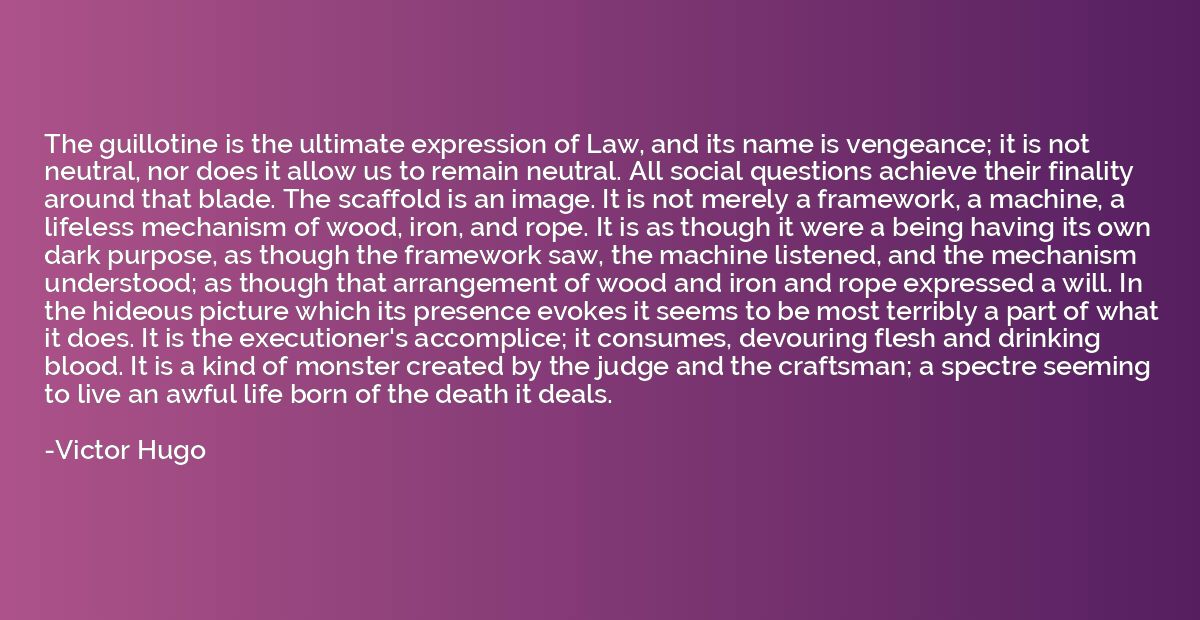
Summary
This quote by French philosopher Albert Camus explores the symbolic power and chilling nature of the guillotine. Camus portrays it as the embodiment of the law and vengeance, making it impossible to remain neutral in the face of social questions surrounding it. He describes the guillotine not as an inanimate object, but as a sentient being, understanding and carrying out its role in taking lives. The guillotine is seen as an accomplice to the executioner, a monstrous creation that consumes flesh and blood. Through vivid and disturbing imagery, Camus emphasizes the terrifying impact and influence of this instrument of death.
By Victor Hugo







